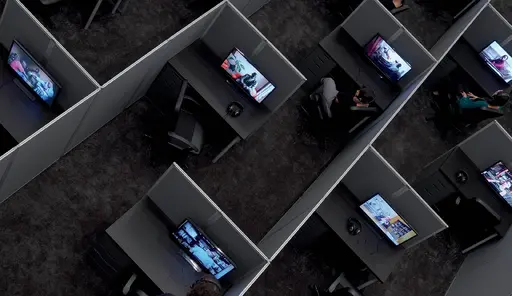It could be argued that the term “knowledge production,” used in relation to contemporary art, has gained unprecedented prominence over the course of the last decade. Parallel to this advance of theoretical reflection on artistic practice, there has also been a marked increase in discursive activities (symposia, lectures, discussions, platforms, forums, panel discussions, artists’ talks, etc.) in museums, galleries, and alternative spaces—locations that were once almost exclusively used for the exhibition and display of visual art. These developments can be understood, at least in part, in view of the expanding “intellectualization” of the field of contemporary art itself, as well as a reflection of social and artistic shifts that occurred in the 1960s–1970s, such as the dematerialization of the art object and the rise of research and text-based artistic practice.
To speak about art as a generator of knowledge requires us to critically analyze what we mean by “knowledge” in this context, especially if we are not simply referring to “knowledge on display.” Throughout the twentieth century, the singular status of “knowledge,” “objectivity,” and “truth” were critiqued and dismantled by thinkers from many fields who have argued for the inclusion of marginalized voices and nontraditional systems of knowing. More recently, globalization and the information age have turned knowledge itself into a commodity like never before. Already in 1979, Jean-François Lyotard noted that the very definition of knowledge would be inevitably changed by the development of the postmodern economy, where knowledge is a commodity to be bought and sold. Is it possible to reformulate the term “production” (a central imperative of the global market) to wrest it from its association with the neoliberal economics and politics so dominant today? In the context of contemporary art, how might we maintain the crucial distinction between “information” and “knowledge,” preserving the potential for critical artistic and intellectual work and “spaces for thinking” (Simon Sheikh)? How does the conceptual and mediating role of curating contribute to connecting art and “knowledge production?”
Program
Processing “Knowledge Production” in Art considers the adoption of the term “knowledge production” in the contemporary art field, and interrogates the process of its emergence from art historical, social, and political perspectives.
14.00 hrs
Discussion group
16.00 hrs
Lectures by and discussion with:
Clémentine Deliss, curator and writer, Edinburgh
Vincent Meessen, artist, Brussels
Simon Sheikh, art critic and curator, Berlin/Copenhagen
19.00 hrs
Break (with optional light meal)
20.00 hrs
Screening program by Vincent Meessen.
